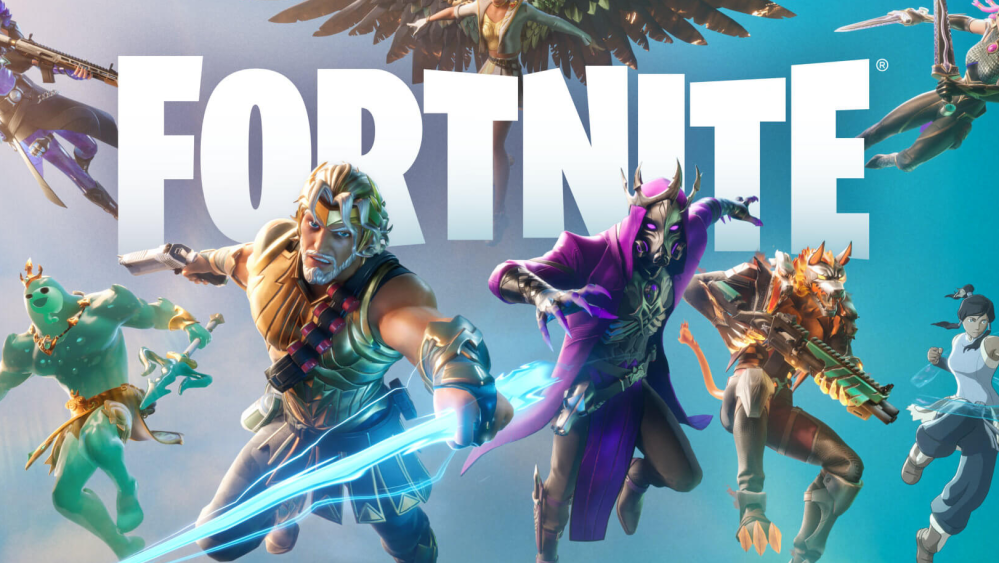Epic Wins: Fortnite Storms Back to iOS as Apple Faces Legal Smackdown

In a dramatic turn of events, Apple has been reprimanded by a District Court for willfully disregarding a previous court order stemming from the Epic Games lawsuit. As a result of this development, the wildly popular game "Fortnite" is set to make its triumphant return to the U.S. iOS App Store.
The legal battle between Epic Games and Apple has been a high-profile dispute that captured the attention of the tech and gaming industries. The court's recent ruling highlights the ongoing tensions between the two tech giants and signals a potential shift in their contentious relationship.
Gamers and Fortnite fans can now look forward to once again enjoying the battle royale sensation directly on their iOS devices, marking a significant victory for Epic Games and its massive player base.
